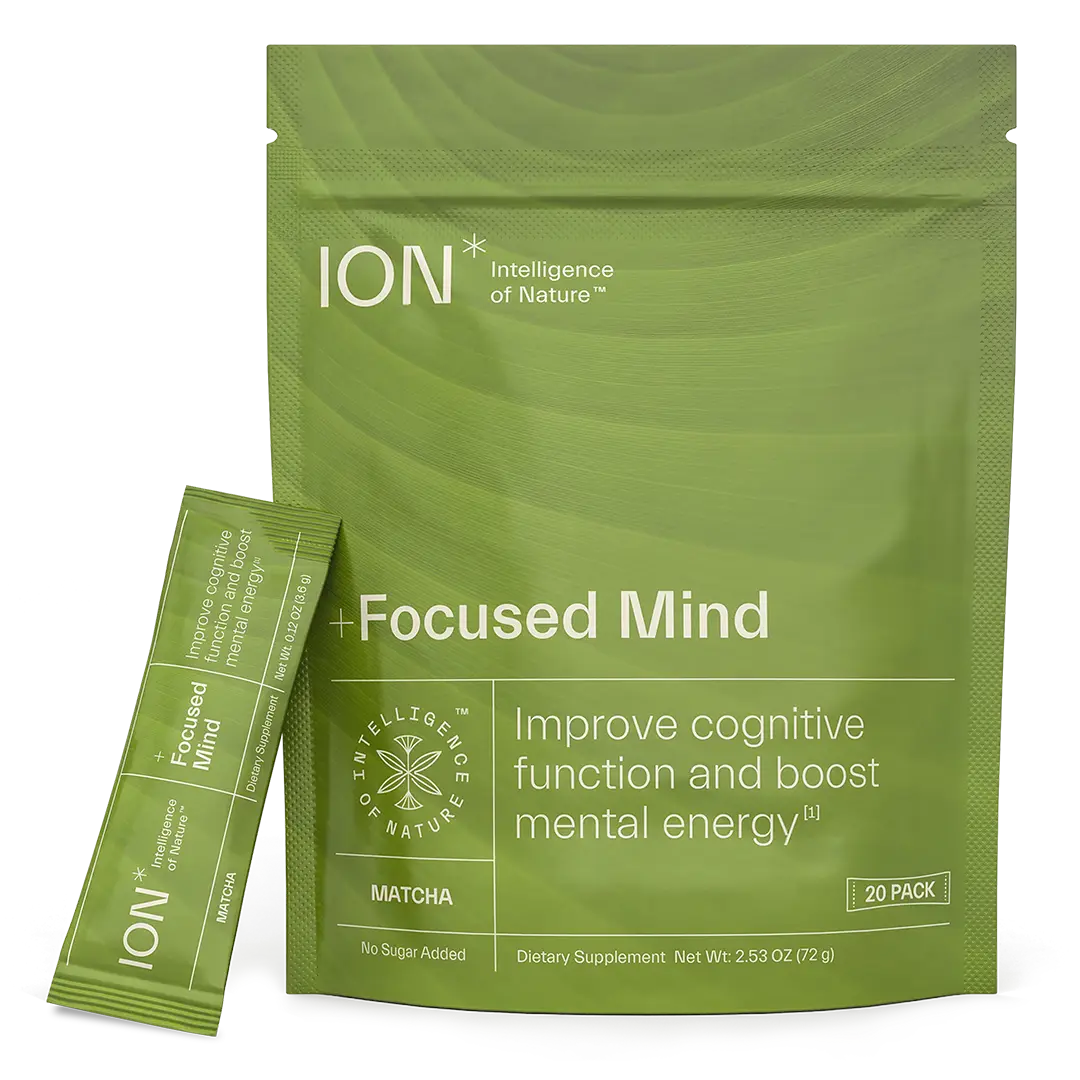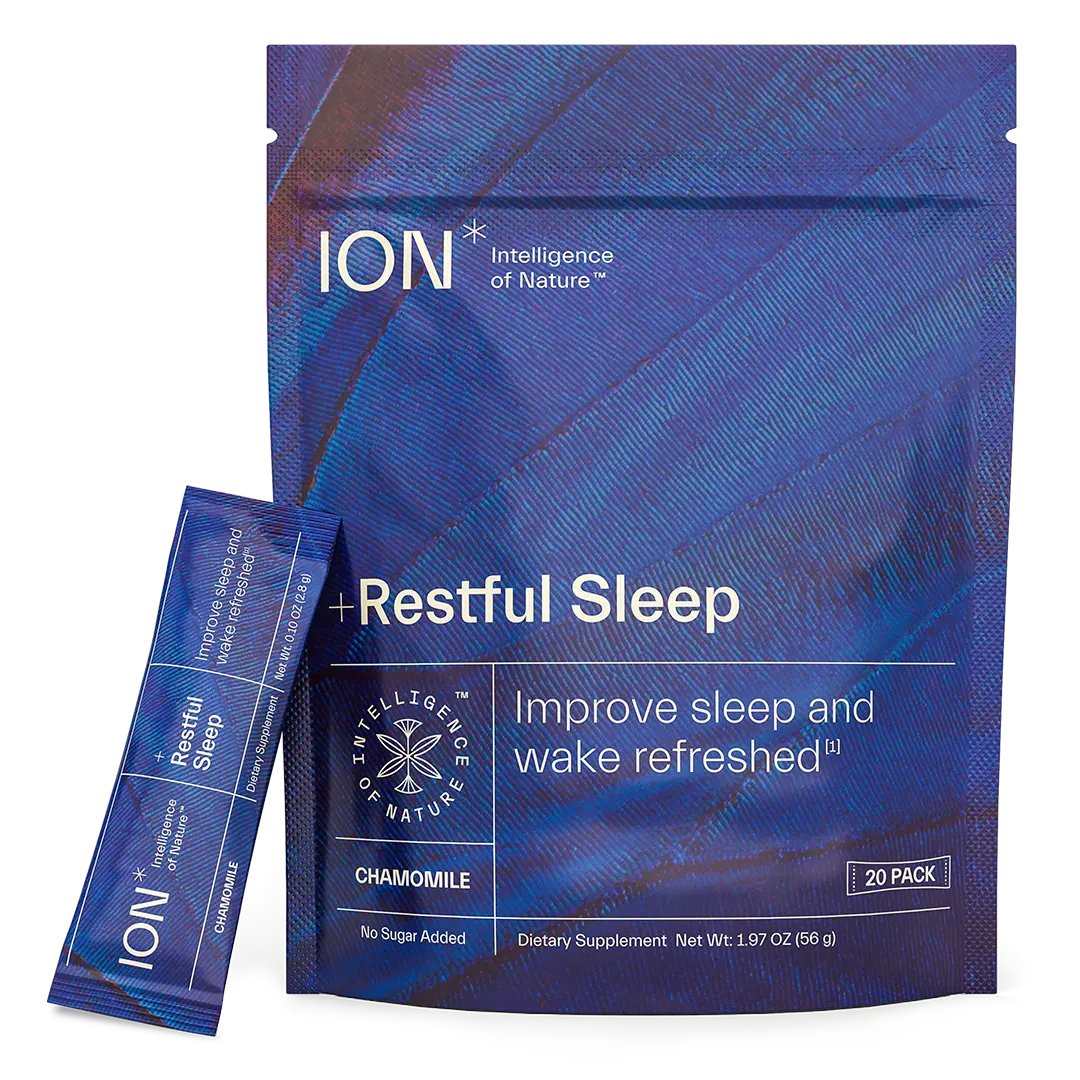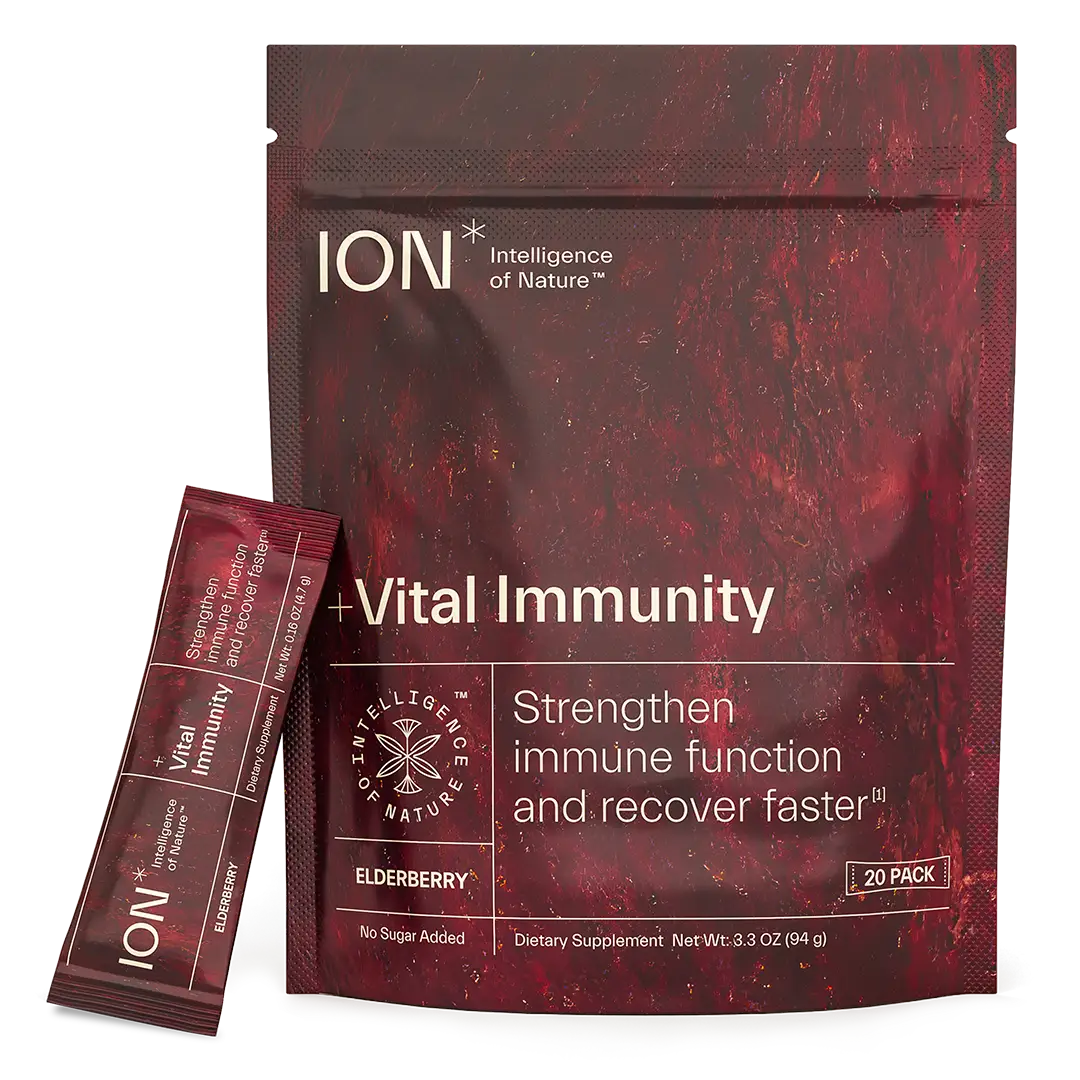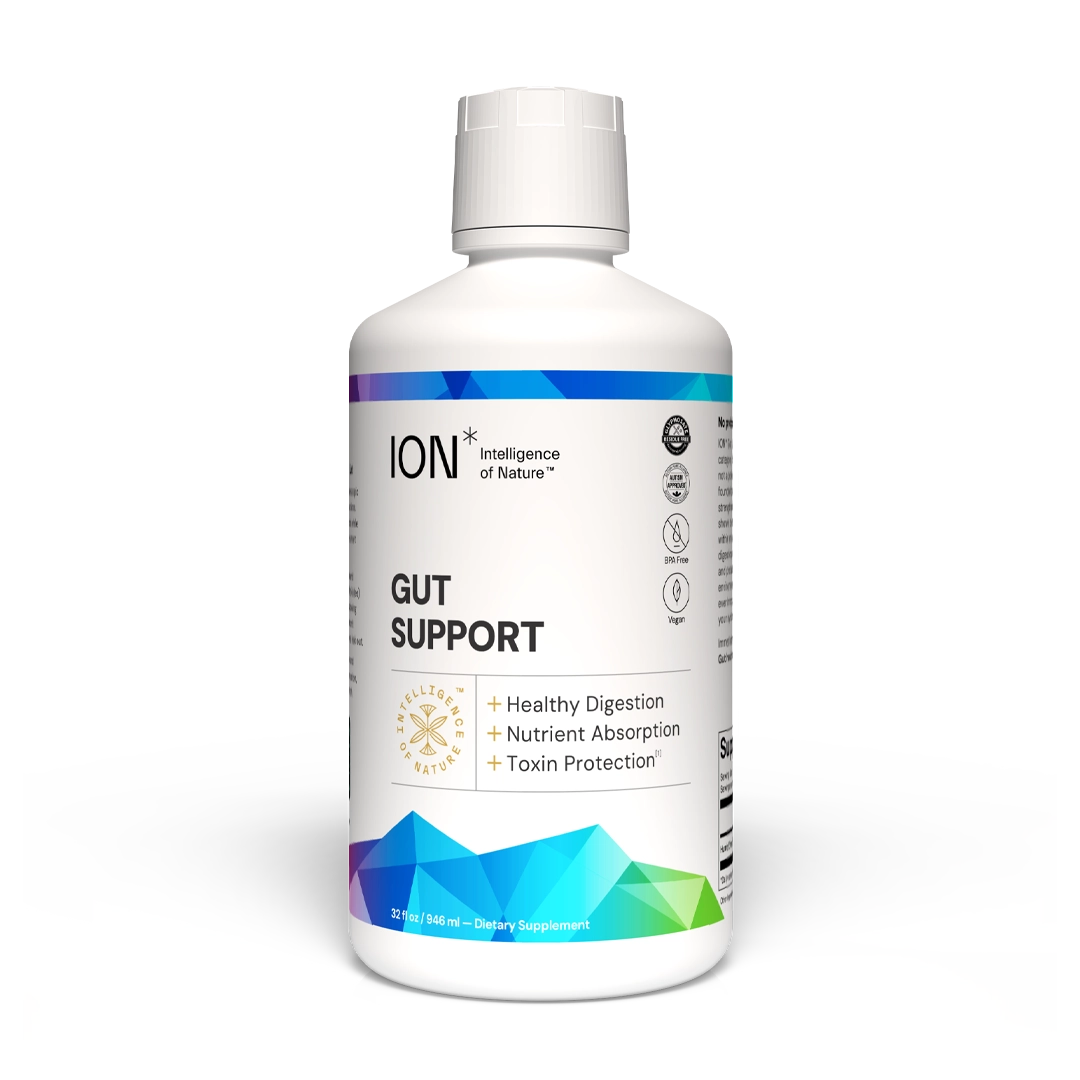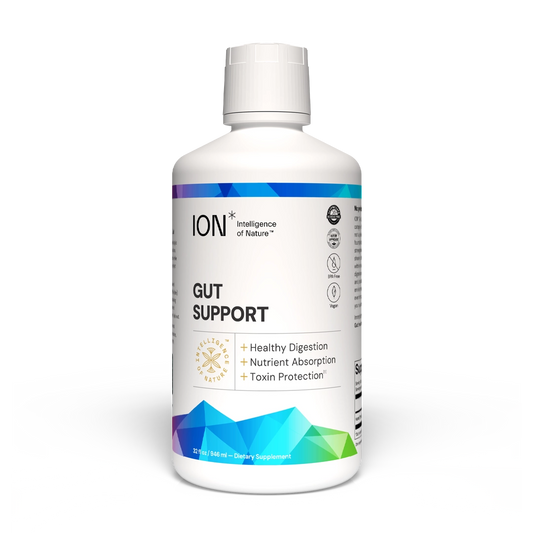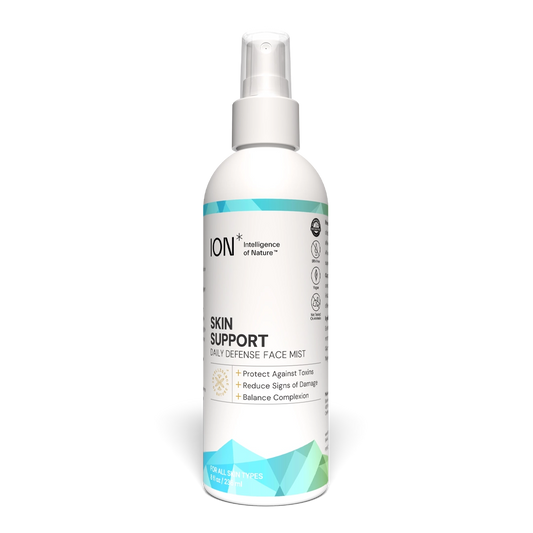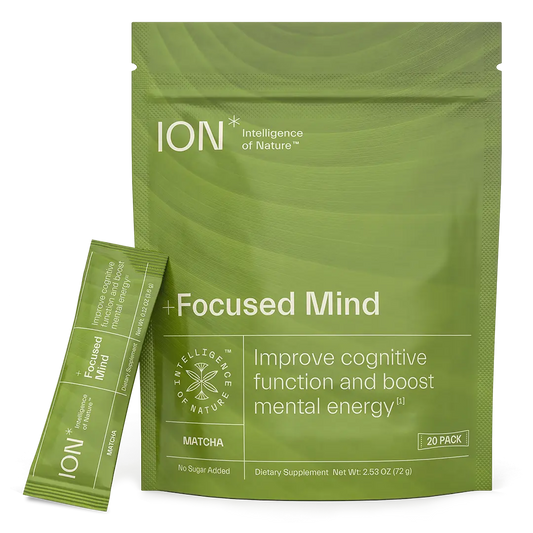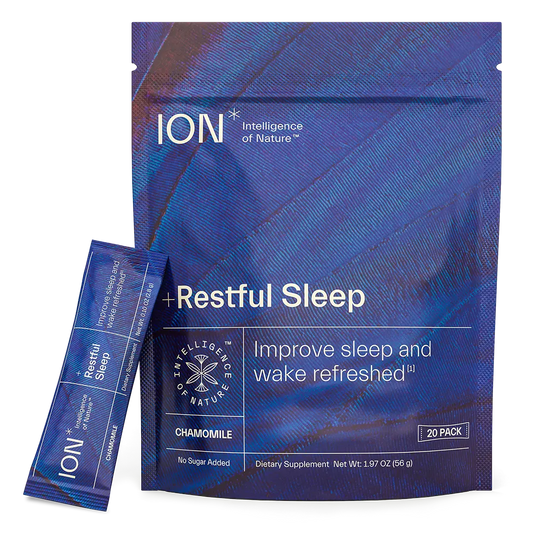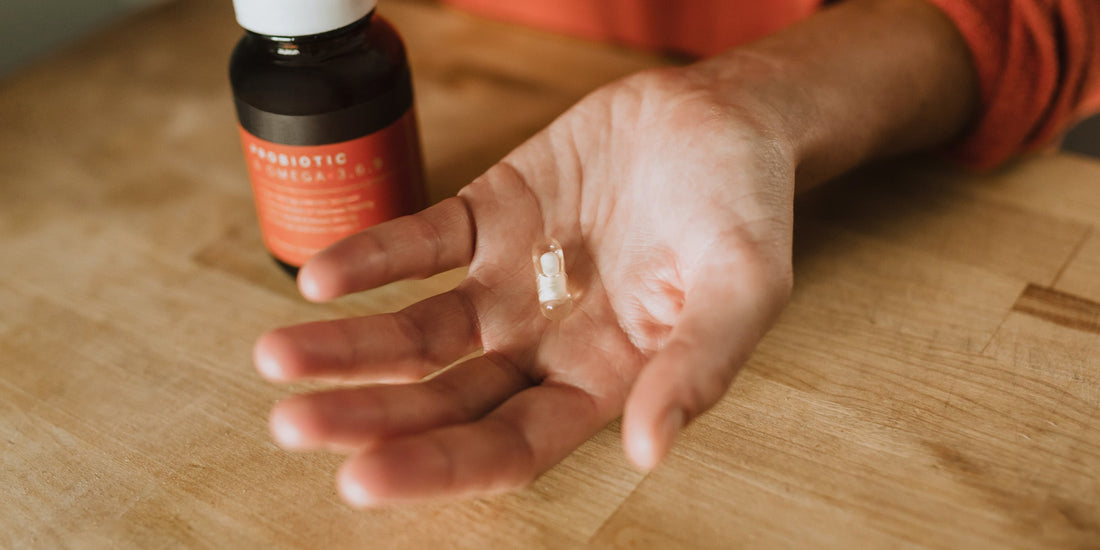
Well, can they?
This is a complex question, but the simple answer? Depends.
Probiotics are good for gut health. But (and this is important) probiotics are probably harmful for your gut health in pill form. The truth is, your probiotics–all probiotics!–are most likely falling short regarding your gut health and wellness.
If you’re reading this, it’s probably somewhat safe to assume you are, at a minimum, interested in your health–specifically, your gut health and its connection to the rest of your body and wellness. You have probably heard about probiotics and their effectiveness at supporting gut health, you may have seen the shelves of different bottles in your local pharmacy or even encountered some internet chatter about it. In fact, you are more likely to have done any of the previous more than the alternative. Probiotics are hard to ignore. That’s because it’s a 30-billion-dollar industry; of course they’re everywhere.
Because of this, it may be easy to assume the ubiquitousness of probiotics equates to efficacy of some kind, right? Well, yes and no. To understand why probiotics (in pill form) can help in the short term but could become harmful in the long term, we need to understand what exactly they’re supposed to do.
Importance of Gut Health
Some of you may already know the ins and outs of how to improve your gut health, so please skip ahead if you don’t need the refresher. But for everyone else, here’s the short(ish) lowdown on the importance of gut health. The most important thing? Your gut health is directly connected to the majority of your body’s immune system. And it’s no small majority of that make-up. 70% of your immune system is found in your gut. Yes, you read that right. 70%. That’s because your gut is the gateway to the rest of your body. So, your gut has a very big, very important job to do in protecting you.
The biggest point here is that your gut health is crucially connected to your overall health.
Basically, when food is broken down during the digestion process, your intestinal tract acts as a nightclub bouncer (sans the tight black shirt and shaved head). Your gut is responsible for letting good stuff like nutrients in and keeping bad stuff like toxins out. But, when there’s an imbalance in your gut–which can be caused by a ton of things connected to everyday living, unfortunately (more on that later)–your immune system can get confused and not function properly. And if your immune system isn’t doing its job very well, it’s much easier to get sick and much harder to recover.
So, what keeps your gut in balance, healthy, and working at full ability? Healthy, diverse, good bacteria! And not just one type of bacteria, but a diverse range of species. Thousands to potentially tens of thousands! More work is needed to pinpoint the exact number, but the human gut “ecosystem” can be pictured kind of like other ecosystems that rely on diversity of species to survive and thrive, like coral reefs and rainforests. And “diversity” really is the name of the game.
Probiotics and Gut Health: A Numbers Problem
So, ideally thousands (potentially tens of thousands) of good bacteria are in your gut. But maybe not. Maybe you’re trying to supplement any damage done by antibiotics or other common gut-harming things you encounter on the day-to-day like antibacterial soaps, glyphosate, inflammation-causing foods (as delicious as they can be)... adding a probiotic full of extra bacteria should only help, right?
Well, you have to ask: what’s the average amount of bacterial species contained in the majority of commercial, pill-form probiotics?
10.
Not 100. Not 1000. Just 10. When compared to thousands that’s… not a lot. And when you add the fact that these same probiotics are marketed by the amount of bacteria in each bottle (billions!), you are taking a LOT of one thing. And as overused as it can be, the adage is true: there is definitely too much of a good thing–certainly when we’re talking about bombing your gut flora with only a few species of bacteria, good or not.
What happens if your diverse ecosystem becomes flooded with only a few types of bacteria? In your pursuit of a healthier gut, you can unintentionally create a “monoculture”. That is, a gut flora that’s dominated by only a few types of bacteria–versus the massive diversity it should have to thrive. And understanding why diversity in gut flora is so important, you can probably guess that a “monoculture” is harmful. In fact, you could go as far as to say that this is the exact opposite of what probiotics are supposed to do!
“But wait, I definitely felt better after I started taking probiotics…”
There’s actually a possible reason for this to happen, even when you’re taking just a few species of specific bacteria in your supplement. It’s because your gut could have had an overgrowth of bad bacteria and these new species came in and helped oust the bad bacteria. So, it’s entirely possible (and probable, even) you would feel noticeably better. (Which is great!) But only in the short term. (Which is not-so-great.)

Fermented foods are a natural (and delicious) way to help diversify and support your Gut microbiome.
“So are all probiotics bad for you?”
No! There’s certainly room for probiotics in our arsenal of wellness helpers. And the ones we recommend are both delicious and wonderful at helping give your gut some healthy, happy good bacteria: fermented foods. They may not fully replace the damaged or missing good bacteria in your gut, but they are a tasty start.
Fermented foods go through a process called “lactofermentation”–where natural bacteria feed on the present sugar and starch to create lactic acid. This natural and age-old process creates an environment that both preserves the food, and promotes various species of good bacteria and beneficial enzymes, B vitamins, and omega-3 fatty acids.
It’s a little like food alchemy. Milk becomes yogurt. Cucumbers become pickles. Cabbage becomes sauerkraut. And they all can help support a healthy gut.
(But please note: not all fermented foods contain probiotics. Some foods will remove the probiotics in their preparation and creation, like beer or wine, and just make them inactive, like through baking and canning.)
“Clearly gut health is important, so what can I do to support mine?”
Let’s start by just thinking about how we talk about probiotics. We call them "supplements". On a fundamental level, it’s time to consider ditching the just “supplement” approach that is adding, adding and adding more bacteria into your gut’s ecosystem in an effort to help it be healthy. Adding good bacteria to your gut ecosystem (especially in overwhelming amounts) doesn’t address the underlying need for your body to function well naturally.
That’s where ION* Gut Support comes in. It’s really in the name. Support.
Unlike other gut health supplements, ION* Gut Support goes way beyond probiotics to provide natural support for your gut and its health. ION* helps your body build a foundation for you to diversify your unique microbiome.
ION* is unlike anything else. It works on the cellular level to help tighten the junctions in your intestinal lining, which, to return to our bouncer analogy, help keep the good (nutrients) in and the bad (toxins) out. And when your body is more effectively able to defend and protect itself, it’s also better overall at taking care of you.
In short
So, do probiotics help or are they harmful?
Yes, probiotics help in fermented foods. In pill form? The jury is still out on whether or not they are causing more harm than good.
So, what can I do to help my gut health?
Don’t supplement, support your gut with ION* Gut Support.
So, enjoy some kimchi with dinner tonight and consider swapping out your “additional probiotic” supplement for a natural wellness solution that doesn’t add anything, but instead supports your body’s natural abilities and all its connected functions.
